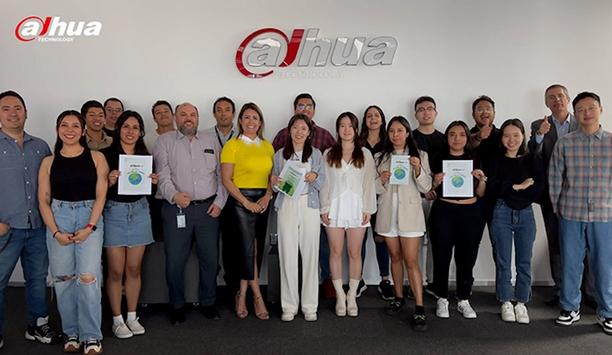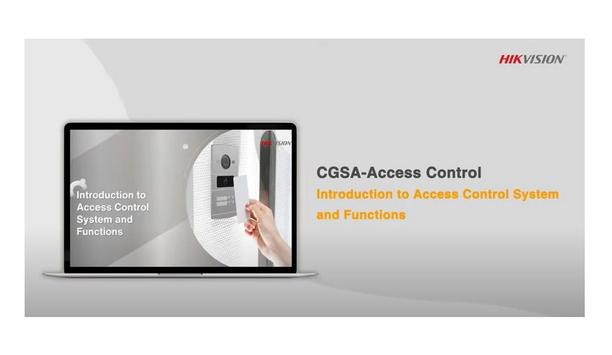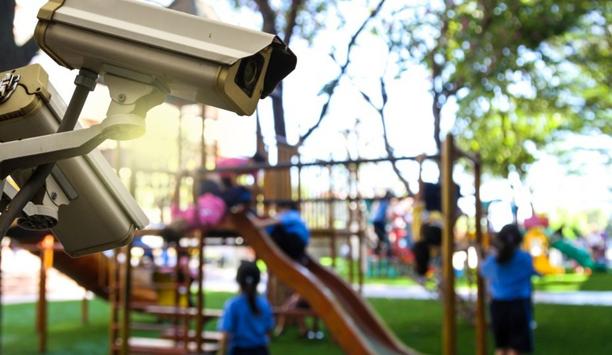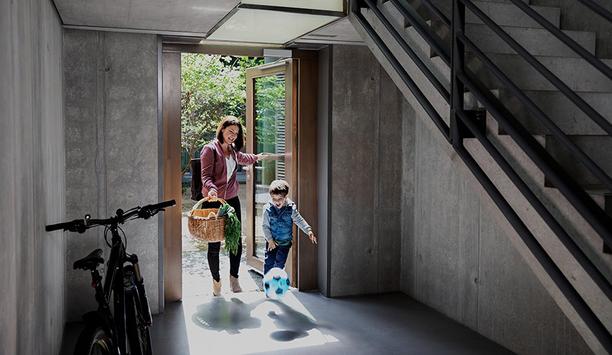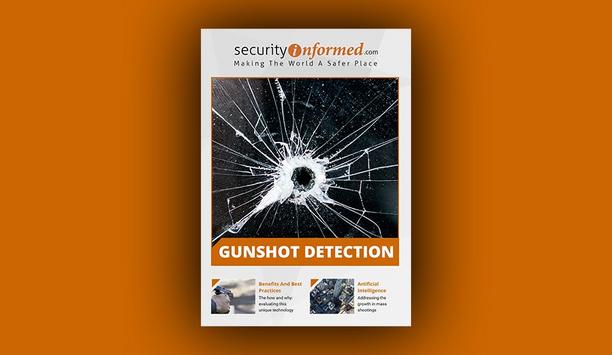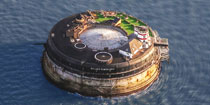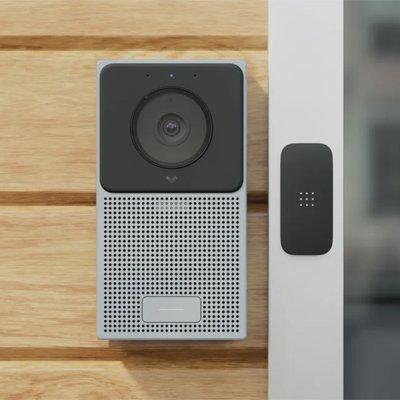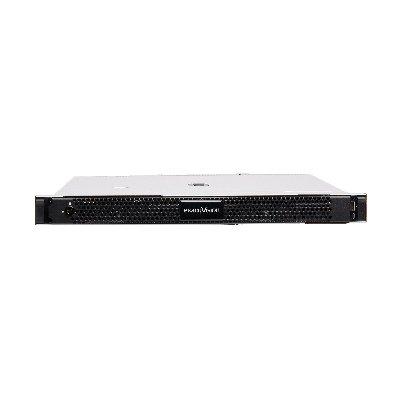 |
| Ipsotek technology automatically detects traffic build-up & alert traffic operators to quickly implement congestion-relieving procedures |
Helping to keep traffic flowing through one of Europe’s busiest cities, Ipsotek, a world leader in Video Analytics, has developed a highly effective new technology in partnership with Transport for London (TfL).
As one of a range of measures that is helping to smooth traffic flow in the capital, Ipsotek has worked closely with TfL to develop new CCTV analytic technology that can automatically detect traffic build-up and alert traffic operators to quickly implement congestion-relieving procedures.
IRID System
Ipsotek developed the Image Recognition and Incident Detection (IRID) system, making use of their own advanced video analytics technology. The technology constantly analyses each video stream from existing CCTV traffic monitoring cameras and uses pre-configured ‘congestion definitions’ to alert operators at TfL’s London Traffic Control Center (LTCC) when a build-up of vehicles threatens to develop into a problematic congestion situation.
London’s LTCC aims to reduce congestion and is unique amongst the world’s traffic control centers in that it carries out ‘real-time’ traffic management, while at the same time providing up-to-date traffic information to the media and other interested stakeholders, including other highway authorities in London.
The Ipsotek IRID system works by monitoring each camera feed, ignoring ‘background’ image details, which are of no interest to traffic coordinators, such as trees and lamp columns. The remaining ‘foreground’ objects, namely vehicles, are analyzed for behavior. Many algorithms can be used, but for the IRID system, stationary or slow vehicles are the primary concern. Once the system detects a build-up of stationary or slow vehicles, a desktop alert is sent to traffic coordinators prompting them to address the situation with a number of appropriate actions.
Automatic Detection
Before the introduction of IRID, LTCC traffic operators had to manually trawl through more than 1,200 CCTV cameras, painstakingly looking for congestion issues across the capital’s road network. Because of this, traffic situations were often not spotted until they became severe congestion incidents - with the obvious severe delay affect on traffic movements across the capital.
Once a problem is automatically detected by the Ipostek IRID system, TfL’s traffic operators are able to implement traffic signal timing plans to clear any impending congestion. Traffic signals can be coordinated to keep traffic away from an area, or help to move the flow of vehicles around an incident safely. “Traffic congestion can develop very quickly, from a small jam to a lengthy tailback, in just a few minutes,” says Bill Flind, Chief Executive, Ipsotek Ltd. “That’s why fast detection and an effective response to these situations is vital.”
Positive Outcomes
The LTCC’s 48-strong team of traffic controllers works to cover the capital’s main routes 24 hours a day, 7 days a week. In their daily work they make use of many different tools to manage London’s traffic, and the Ipsotek-powered IRID system integrates seamlessly into these systems, adding an extra layer of ‘intelligence’ to help the team make informed decisions and secure positive outcomes on traffic management. The Ipsotek IRID technology is currently linked to cameras at 20 known congestion ‘hotspots’ in London, including Battersea Bridge and Marylebone Road.
Designed to be future-proof from the outset, the Ipsotek IRID system does not require any additional on-street infrastructure, as it uses the existing traffic cameras. This ensures simple and cost-effective system expansion – increasing the return-on-investment with each additional camera covered.
“Traffic congestion can develop very quickly, from a small jam to a lengthy tailback, in just a few minutes. That’s why fast detection and an effective response to these situations is vital”, says Bill Flind, Chief Executive, Ipsotek |
Effective Management
One of the key benefits to using the IRID system at the LTCC is that it works in the background and only requires a response from the user when alerted to a potential problem. This means that TfL’s operators are able to proactively focus their efforts on keeping London traffic moving, and not reactively looking for traffic problems.
The IRID system is pre-configured with a ‘definition’ of congestion, which can be variable by location, time of day, or day of week, or even season. The alerts are activated when the real-time CCTV traffic images match one of these definitions. The preconfigured definition of congestion can also be adjusted to reflect the ever-changing nature of London’s busy road network and the different demands that are placed on it. For example - when a new shopping center or housing development impacts results in different levels of traffic for a particular localised area.
While TfL uses a number of tools to beat congestion, Ipsotek’s IRID system has proved a key tool to ensure traffic keeps moving through London’s busy roads. For example, a road was recently blocked by a goods vehicle accident. IRID identified this incident and within 30 seconds of the incident occurring, alerted LTCC staff. They were then able to alert the appropriate emergency services and put in place remedial action quickly, to quell the rapidly developing build-up of traffic around the incident – helping traffic to keep moving and emergency vehicles to get to the scene with little delay.
Groundbreaking Solution
The powerful algorithms within Ipsotek’s IRID have proven their worth in all weather conditions, including bright sunshine, rain and mist, and particularly dark and wet days, when other systems may be fooled into generating a false alarm by the many reflections/shadows from puddles, walkways and vehicles. This advanced capability is an essential benefit, as the occurrence of adverse weather is usually when the risk of accidents is at its greatest, requiring extra vigilance to ensure that the roads are kept clear and traffic moving.
Ipsotek and TfL have been researching and working on the development of this technology for more than five years, producing a viable tool that could also be used by other highways authorities across the country. To date, TfL has invested £180,000 in trials, training, and the deployment of the system to the existing 20 cameras that make up the pilot scheme. The success of the system underlines Ipsotek and TfL’s commitment to improving road travel journey times and increasing traffic flow. With a planned expansion to the scheme, this groundbreaking technology will continue to benefit London’s road users, and will see the development by TfL spread to benefit other cities across the UK.

